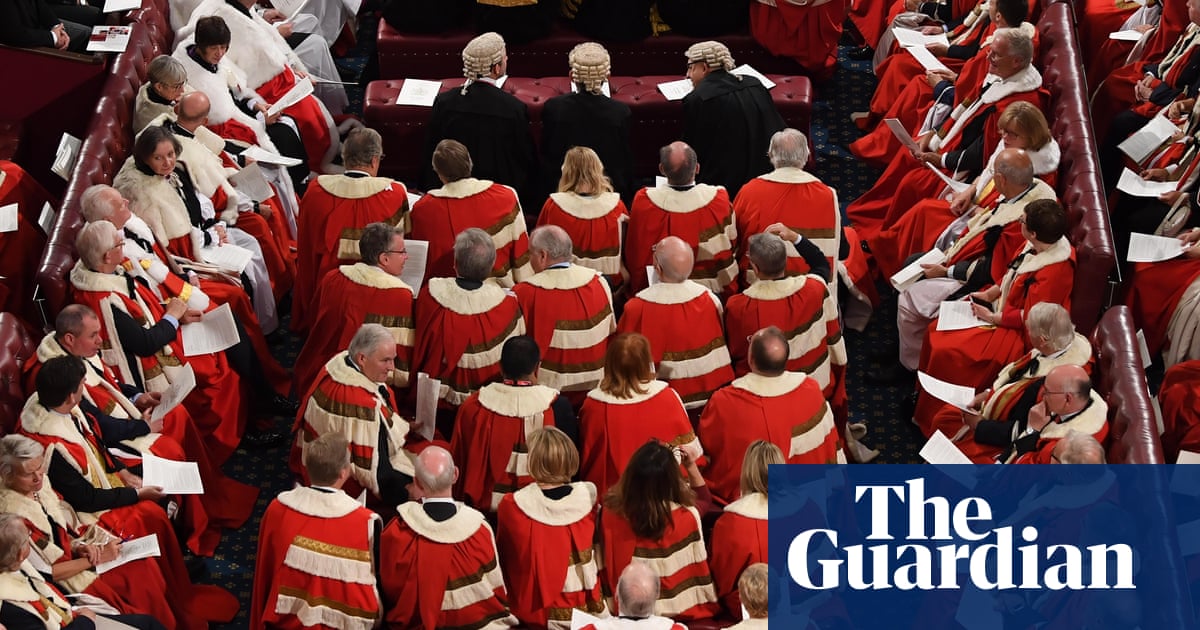Terrific news, eh? UK pension funds have agreed to invest more of their assets in the UK, specifically in private markets, and specifically from their defined contribution (DC) schemes. Most of the big names are on the list of signatories to the expanded Mansion House accord: Aviva, Legal & General, Phoenix and more. And they’ve agreed to do their patriotic duty on a voluntary basis. “I welcome this bold step by some of our biggest pension funds,” said the chancellor, Rachel Reeves.
There is another way to view the fanfare. There are so many conditions attached to the “pledge” to invest in the UK that this looks more like an exercise in virtue-signalling. It is not helped by the adventurous arithmetic behind the government’s claim that the accord will “unlock up to £50bn” for the economy by 2030.
The first problem is the qualified nature of the pledge to invest 10% from default DC schemes into private assets (think infrastructure projects and unlisted companies) with half the slice going to UK assets. As the signatories emphasised, but the Treasury did not, the commitment is “subject to fiduciary duty and the consumer duty [a regulatory requirement to act in clients’ interests]” and “is dependent on implementation by the government and regulators of critical enablers”.
Suggested translation: we will invest in your nuclear power stations, windfarms and Thames crossings, dear chancellor, as long as the risk/return profiles look juicy; just don’t expect our investment committees to sign off if we think we can do better elsewhere.
That, of course, is exactly how a pension fund saver should expect the manager to behave. The first duty is to maximise returns for the benefit of the pensioners, rather than to wave a flag. The industry’s lobbying against the government’s flirtation with mandatory allocations seems to have worked.
It is why one should take the Treasury’s “up to £50bn” figure – with £25bn for the UK – with a large helping of salt. It flows from an assumption that, not only will the loose investment promises be kept, but that the value of the assets covered by the pledge could rise from £252bn to £740bn by 2030. That’s one hell of a leap. One element in the calculation is an assumed growth rate of 17% per annum in the assets, which feels punchy, to put it mildly; the other is “further consolidation in the pensions market”, which may or may not happen.
Declarations of good intentions are still worth something, of course. Even in fuzzy form, these commitments may encourage a few more fund managers to think about home bias. The playing field may tilt a little.
But the big crisis in UK capital markets is surely in the public arena, rather than the private one. Consider the decline in the number of companies on the London Stock Exchange, the lack of new arrivals and the ease with which firms can be snaffled by foreign buyers. Possible remedies on that score are on the way, including merging local government pension schemes into big international-scale entities. That looks to be the properly bold policy challenge for the Treasury: talk about “mega funds” has been heard for decades without ever happening.
after newsletter promotion
By contrast, a non-binding 5% allocation to UK private markets by 17 firms creates a warm glow for all involved. It is not guaranteed to move the dial.

 5 hours ago
9
5 hours ago
9













































